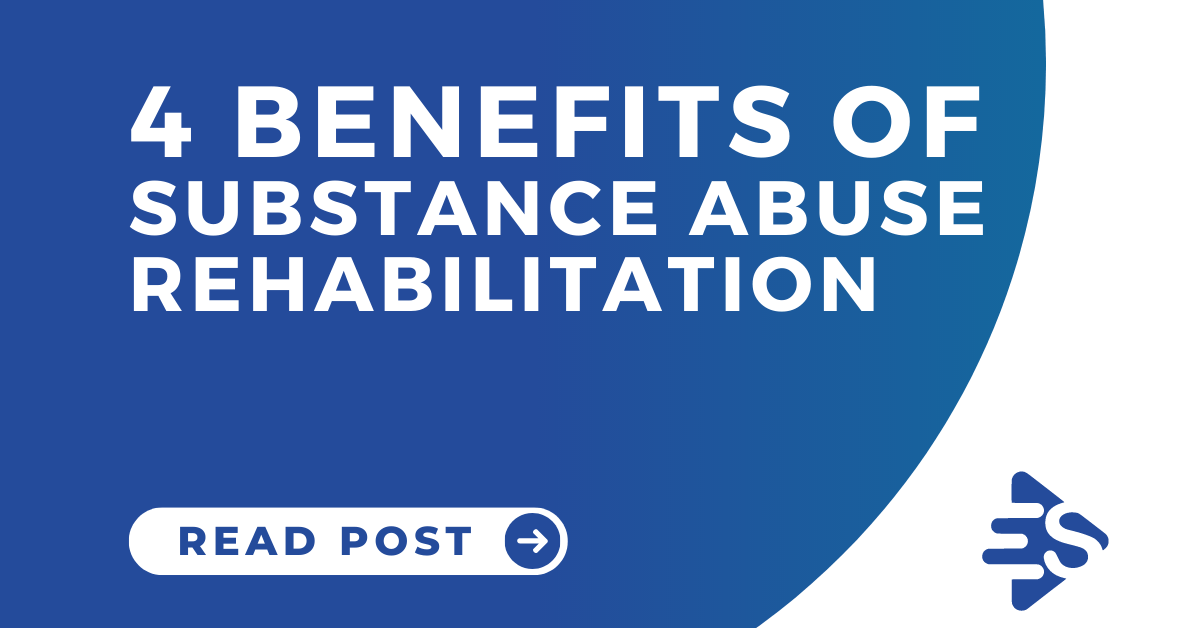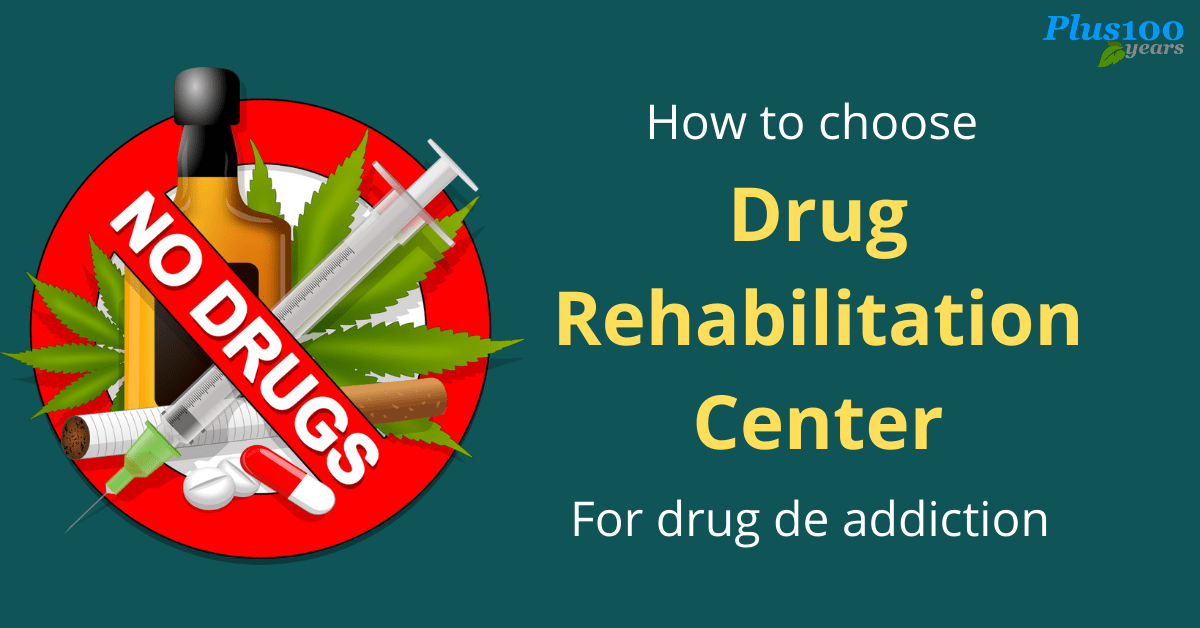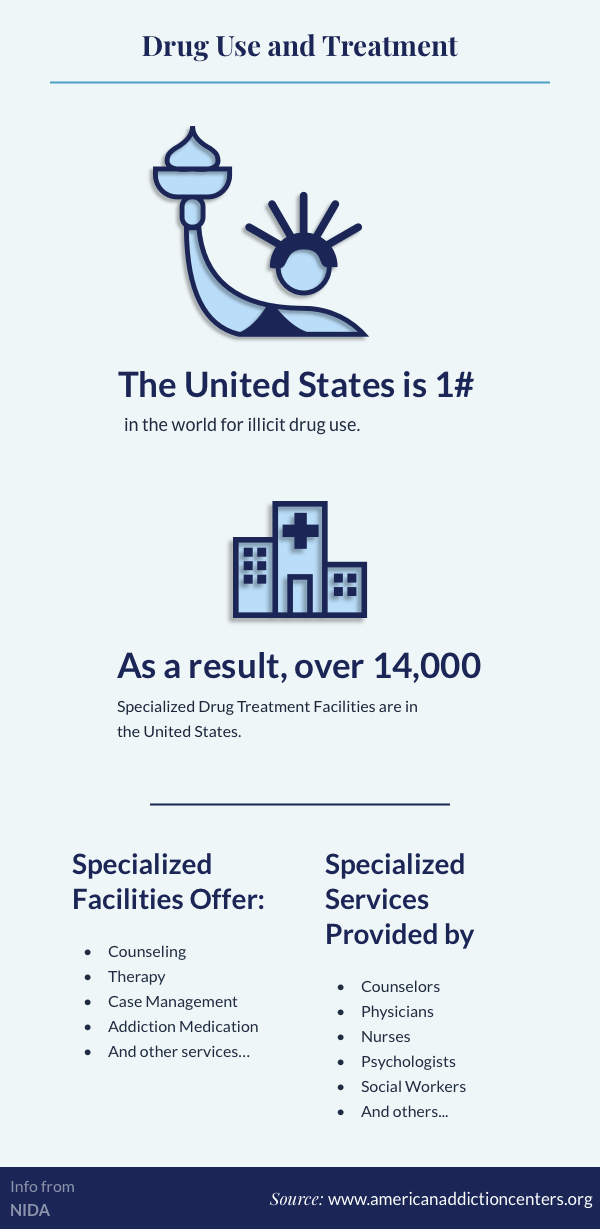The 4-Minute Rule for Drug Rehabilitation
The 4-Minute Rule for Drug Rehabilitation
Blog Article
Drug Rehabilitation Things To Know Before You Buy
Table of ContentsDrug Rehabilitation Things To Know Before You BuyExcitement About Drug RehabilitationGetting The Drug Rehabilitation To WorkThe Single Strategy To Use For Drug RehabilitationDrug Rehabilitation Things To Know Before You Get This
This entails dealing with the entire person to ensure that every one of the underlying domino effects of the addiction are correctly cared for and fixed. This gives individuals the tools they need for a full go back to a pleased, healthy, substance-free life. Medicine dependency "treatment" is a little bit of a deceptive term it indicates that individuals with addictions are "all better" after they have actually gotten some type of treatment.Even people with years of effective recuperation have to remain conscious of their potential for regression, and they need to use the tools they learned in therapy to avoid it. The word "rehab" also suggests that a person is being corrected after being mischievous, which follows culture's stigma about addiction. Drug Rehabilitation. Part of the healing process is for individuals with addictions, and their family members, to learn that dependency refers biology and not principles
Besides, transitioning from physical and mental dependency to a healthy and happy lifestyle is a big adjustment. It is necessary that the steps to medicine rehab be effectively addressed during the medication rehab process. There are four phases of dependency recuperation: Addiction assessment is an especially vital part of the rehab process.
This is component of the underlying psychology of addiction, and it enhanced by worries of apprehension for possession and judgment from family and buddies. The assessment process needs gaining count on and breaking with that deceptive nature. The specific demands to identify which compounds were used and the degree of their material use.
The 15-Second Trick For Drug Rehabilitation

For many people with addictions, worry of withdrawal is a significant barrier to leaving their dependency, and that anxiety keeps them from also attempting. Withdrawal and drug detox do not have to be an awful experience.
This is where the underlying sources of addiction are addressed. For lots of people with substance addiction, their material use is no longer concerning obtaining high. Rather, it became a additional hints repetitive, day-to-day procedure of avoiding withdrawal symptoms and escaping from their reality. Medication rehabilitation is the procedure where the deep issues around the addiction are determined and addressed.
Drug Rehabilitation - The Facts
Rather, it can be stated that rehabilitation is the process of discovery, while what takes place afterward is recovery. The addicted mind usually begins to believe particularly after a duration of time in abstinence that it is okay to attempt alcohol consumption or making use of substances once again. Nonetheless, this hardly ever works, and the large majority of people who attempt alcohol consumption or using drugs again will swiftly finish up where they were in the past.

Sober living residences are a particularly efficient approach to aftercare when an individual is released from rehabilitation. Individuals and their households must talk about these options with their counselors while still in rehab. There are various sorts of therapy for addiction, based on the degree of care offered. When choosing the degree of treatment, the selection needs to be based upon what will provide the individual the best opportunity of success in recuperation not on what the individual desires to do.
This is a negative mix, as it moves lots of people to think that they can stop making use of medications or alcohol consumption on their own. As such, they might be reluctant to see and confess that they require a greater level of treatment, such as inpatient rehab. Detoxing from a material is not the exact same as treatment for compound dependency.
The Facts About Drug Rehabilitation Uncovered
Throughout the procedure of medicine detoxification, people's minds are muddled and they feel physically and psychologically unwell. They are not responsive to any kind of click for source kind of counseling or therapy until their minds clear and they are feeling much better. Although medical detox makes the process much easier, it is best to first concentrate on getting with the whole detoxification procedure prior to taking additional actions.
Like inpatient therapy, household therapy provides the therapeutic result of getting rid of people from their dysfunctional way of living and setting and placing them in safe, healthy surroundings. This allows them to reorient their lives and assumed processes while focusing on distraction-free recovery.
A partial hospitalization program is midway between inpatient and outpatient therapy. Individuals get therapeutic services on-site throughout the day, but go you can find out more home or to a sober living center during the night. This program is proper for people who have a high assumption of success as well as the capability and understanding to be a lot more self-directed in their regimen.

The 9-Minute Rule for Drug Rehabilitation
(TC). This is a method to re-socializing people whose addiction has seriously influenced their capacity to fit into society.
Report this page